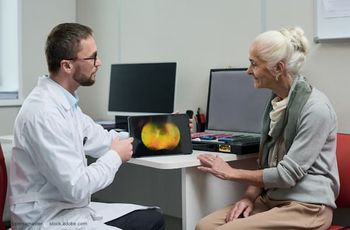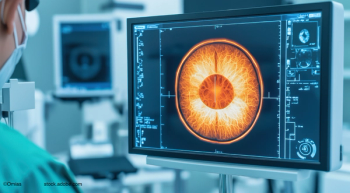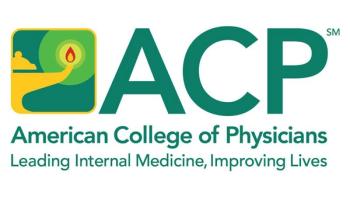
Optogenetic gene therapy trial begins, first patient dosed
Nanoscope Therapeutics Inc. has dosed its first patient in a late-stage Phase 2b trial of a gene therapy that delivers multi-characteristic opsin to retinal cells.
The first patient has been dosed in Nanoscope Therapeutics Inc.’s Phase 2b clinical trial of MCO-010, an ambient-light activatable optogenetic monotherapy to restore vision in patients with retinitis pigmentosa (RP).
Sulagna Bhattacharya, CEO of Nanoscope, lauded the company’s team, clinical partners, and patients participating in the trial.
“The results from our Phase 2b trial may provide the basis for consideration by the FDA for accelerated approval of MCO-010 for the treatment of RP,” Bhattacharya said in a statement. “We look forward to working with the FDA and other regulatory agencies so that we can bring MCO-010 to RP patients.”
According to the company, its optogenetics therapy uses an intravitreally delivered proprietary AAV2 vector to deliver multi-Characteristic opsin (MCO) genes into retinal cells, where they express polychromatic opsins enabling vision in different color environments.
The therapy can be administered in a medical office setting without the need for goggles or other interventions. Based on preliminary evidence from the Company's Phase 1/2a study, MCO-010 is potentially applicable not only for RP but other degenerative diseases of the eye irrespective of gene mutations. MCO-010 has received orphan drug designations for RP and Stargardt disease from the FDA.
The Phase 2b trial (
The study is expected to complete enrollment by the end of the year with 12-month results available by the end of 2022.
Mohamed Genead, MD, Nanoscope’s chief development and chief medical officer, noted that the milestone is not only important for the company, but also for the field of ophthalmic research.
“We remain steadfast in our commitment to bringing a safe and differentiated optogenetic monotherapy to the ophthalmology community," Genead said. "Accordingly, we are enthusiastic about our MCO-010 development program, which we believe holds significant potential for the treatment of a broad range of retinal diseases."
“Our team is working hard to further expand the MCO-platform for other retinal degeneration including Stargardt disease, dry age-related macular degeneration (dAMD), and others," said Samarendra Mohanty, PhD, Nanoscope's president and chief scientific officer.
Related Content:
Newsletter
Keep your retina practice on the forefront—subscribe for expert analysis and emerging trends in retinal disease management.




























